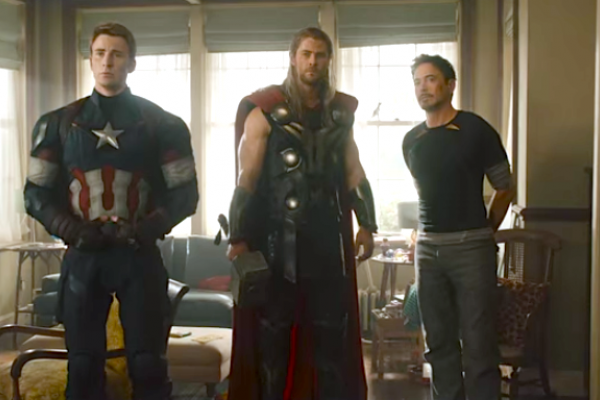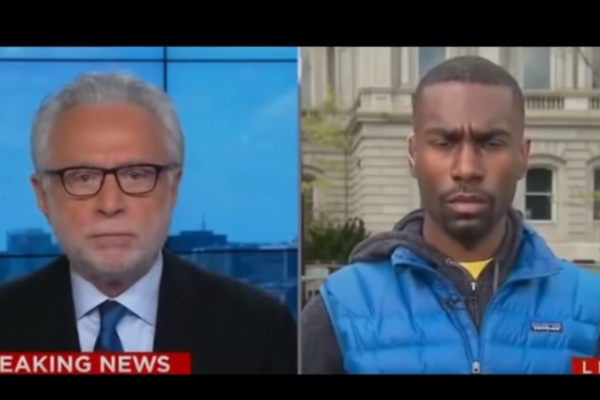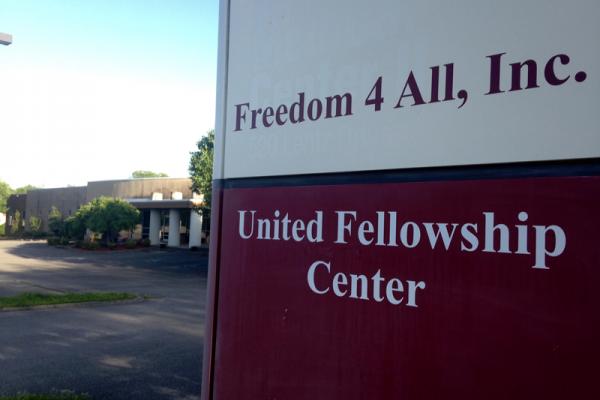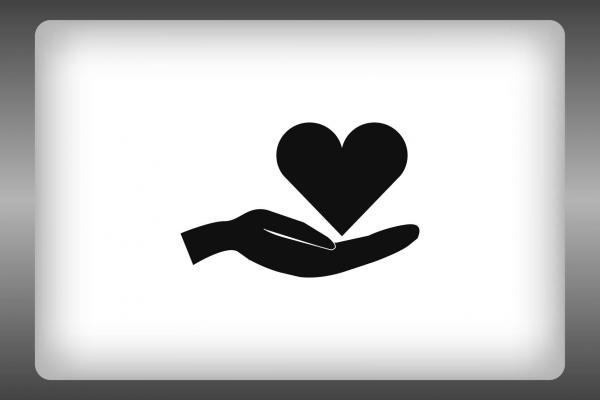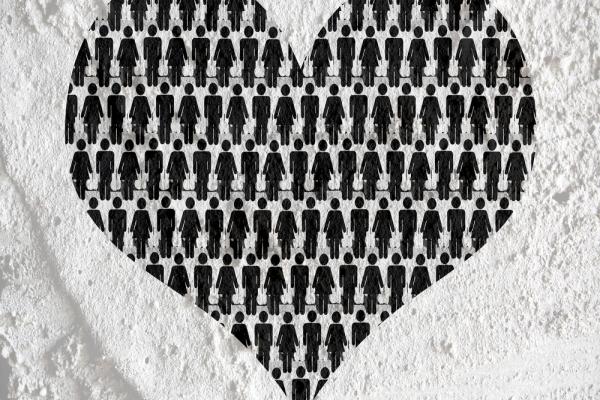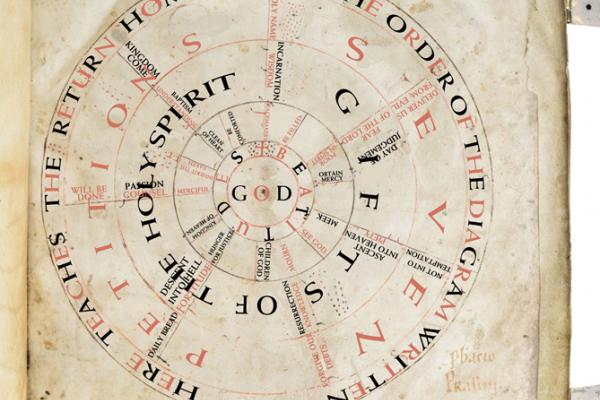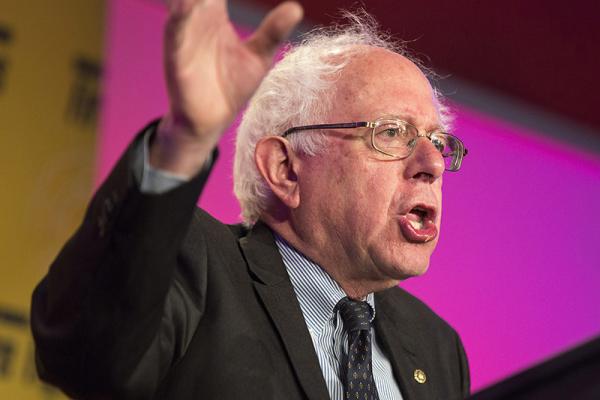From the first Avengers film, Whedon has shown that his primary interest, apart from the utter coolness of watching Hulk destroy a city block, is the dynamics of the Avengers team. This is a group of people with different backgrounds, ideologies, and agendas who might never have come together on their own. That they are forced to work together under impossible circumstances forces those tensions to their breaking point, but also creates a sense of camaraderie that’s thrilling to watch in action.
Working within the conventions of postmodern superheroism, Whedon also addresses the side effects of frequent exposure to violence. It might seem ironic that Captain America (Chris Evans), introduced as the ideal patriot, is one of the group’s more peace-loving members. But as the sole military veteran on the team, his outlook makes sense for someone who’s sacrificed a lot in battle. When he tells Stark, “Every time someone tries to end a war before it starts, innocent people die,” you know he speaks from experience.
In an unexpected announcement Friday, Baltimore lead prosecutor Marilyn J. Mosby said there is “probable cause” to file criminal charges against police officers in the death of Freddie Gray, who suffered a spinal cord injury while in police custody on April 12.
I love Martin Luther King. I wrote my master’s thesis on his approach to nonviolence. King is the greatest prophet in the history of the United States. And white people should know him better.
Blitzer, like so many white people, doesn’t know Martin Luther King. He misses King’s point. If white people want to reference King, we need to stop using him to condemn black violence. We need to stop pitting a black man against black people. It’s patronizing. It’s demeaning. And it misses the point.
Goodpasture Christian School sits on a sprawling, bucolic campus seven miles north of downtown Nashville, where 900 students ready themselves for adult lives of college, career, and loving the Lord.
Right next door sits the United Fellowship Center, a planned church where adults will ready themselves to have sex with each other after enjoying a little BYOB togetherness.
It’s the newest incarnation of The Social Club, a whispered-about swingers club in downtown Nashville that left for the suburbs when a building boom took its parking lot. The community went bonkers after zoning hearings revealed the club’s plans to relocate in a former medical office building in Madison — adjacent to Goodpasture and within a mile of an Assemblies of God megachurch.
After months of debate, an emergency city zoning amendment and a state law designed to stop the relocation, the club’s attorney made an announcement: The Social Club would open in its new location as a church.
Protection via the First Amendment effectively silenced zoning complaints — for now. But it sparked conversations about what it means for a secular organization suddenly to label itself a church, and religious scholars seem no more ready to plunge into that debate than American courts have proved to be.
“When I see this case, I do roll my eyes, but I also know Protestant Christians in America don’t own 'church,'” said Kutter Callaway, assistant professor of theology and culture at Fuller Theological Seminary in Pasadena, Calif.
News reports about the trial and the jury’s deliberations spark fury online. Tempers rise as commenters express their opinions about what they believe should be Tsarnaev’s fate. For example, when the Catholic bishops stood in front of the courthouse expressing their opposition to the death penalty, many responded with outrage: “He should be made to suffer as much as he made others suffer.” “Let him fry.” “Torture him and then kill him.” Similarly, when Bill and Denise Richard, the parents of the 8-year-old boy killed by the explosion, wrote a letter expressing their desire to take the death penalty off the table, their views provoked ire.
What motivates these different perspectives? Is justice about vengeance, an eye for an eye and a tooth for a tooth? Is someone who advocates for life imprisonment soft on crime? Is such a person naïve?
This extravagant love poured out on my behalf felt like an offer of grace from God, a reminder that though the man I had dated couldn’t love me as I should be loved, God would make up for the rest. It was a convicting moment — I have often viewed this type of love and friendship as a consolation prize for not having a significant other. What a small way to live and love when you only expect love from spouse and children and see the love of friends and family as lesser. How could such a small group of people really show all the wonder and magnitude of God’s unfailing love toward us?
About 80 percent of Nepalese are Hindu, making Nepal the second-largest Hindu nation outside of India, with about 2 percent of the global total. Most Hindus believe in a kind of fatalism, and many here seemed unrattled by the quake as a test of faith, even as their temples and shrines were flattened.
“God had predestined it. He knew about it,” said Suresh Shrestha, a Hindu and a hotel owner. His house was partially damaged and he is living in a tent on the Tundikhel ground in Kathmandu.
Akriti Mahajan, a young girl who was standing outside her family’s tent nearby, suspects that man-made climate change had something to do with it.
“Humans are behind it,” she said. “If God had a role, this wouldn’t have happened.”
If much of life in the High Middle Ages seems foreign to us, the detailed workings of the wheel — along with four others like it that have survived to the present — are a real riddle.
Schematic prayer guides were more common in later centuries, said Lauren Mancia, a medievalist at Brooklyn College who has examined the Liesborn Wheel.
“Monks and nuns in the Central Middle Ages often get a bad rap for unsystematic thinking — doing all this prayer by rote, mumbling, and not caring about the sense,” said Mancia.
“This diagram suggests that they’re not just mumbling, they’re using a mnemonic device to remember and internalize, or even to make an inner journey.”
Sen. Bernie Sanders, I-Vt., a self-identified socialist who’s perhaps the most left-leaning member of Congress, is expected to announce this week that he will seek the Democratic nomination for president. Sanders, 74, was born to Jewish parents and identifies as Jewish — though culturally, not religiously. Most political observers call him a super long shot for the nomination, but he will appeal to Democratic voters who admire his constant exhortations against the growing gap between the haves and the have-nots.
In a world of highly charged political rhetoric, the essay provides language and a framework for a community discussion on environmental ethics that takes a step back from immediate policy debate. This work doesn’t diminish the importance of these other discussions; rather it provides a context in which that work might be more readily possible.
Our ability to make meaningful collective moral decision requires us to be able to first have enough common moral language to have a conversation. This might be a good place to start.
